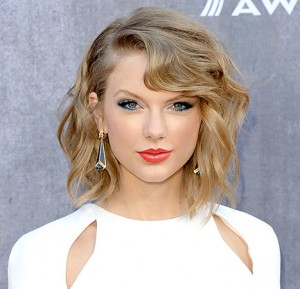
Suddenly, it seems like being a feminist is the hottest thing you can be right now. Since Beyoncé’s proclamation at the 2014 Video Music Awards, other celebrities and musicians have been clamoring for that title. One selfproclaimed feminist is none other than Taylor Swift.
Look, I’m open about my extreme dislike for Taylor Swift. I find her to be a disingenuous, corporate machine. But I think her worse offense is her brand of feminism. In promotion for her latest album “1989,” she has gathered up a “girl squad,” for a lack of a better term. It consists of beautiful, successful and mostly white women. She practices the old adage “hoes before bros,” which is totally ok. But my problem is with how superficial her feminism is.
“Why is her feminism superficial?” one may ask. Why, let me tell you. Based on her actions as a so-called feminist, her basic understanding of feminism is that women stand for other women.
That’s great! But she doesn’t go deeper than that. But she does seem to contradict herself.
For example, her hit “Bad Blood” seems to tell the story of a former friend who betrays her; she’s out to get revenge. Rumors are that that song is about Katy Perry. But a song spouting revenge on a woman is not very feminist, Taylor.
Or take more recently, when rapper Nicki Minaj (full disclosure: I’m a huge fan) tweeted about how her hit “Anaconda” wasn’t nominated for Video of the Year at the 2015 VMAs. Long story short, Minaj tweeted that she felt that other artists get recognized more for the same work she does. Swift then took offense to that tweet, even though Minaj didn’t call her out. The two women kissed and madeup, but the issue still stands. Swift thought Minaj attacked her, and Swift attacked back.
Look, if tomorrow Taylor Swift announces she’s now focusing on deeper feminist issues, such as the inequality women of color face or issues transgender women face every day, I’ll be on her team. But the fact her feminism just skims the top bothers me. For such a role model, Swift has a lot to learn.
